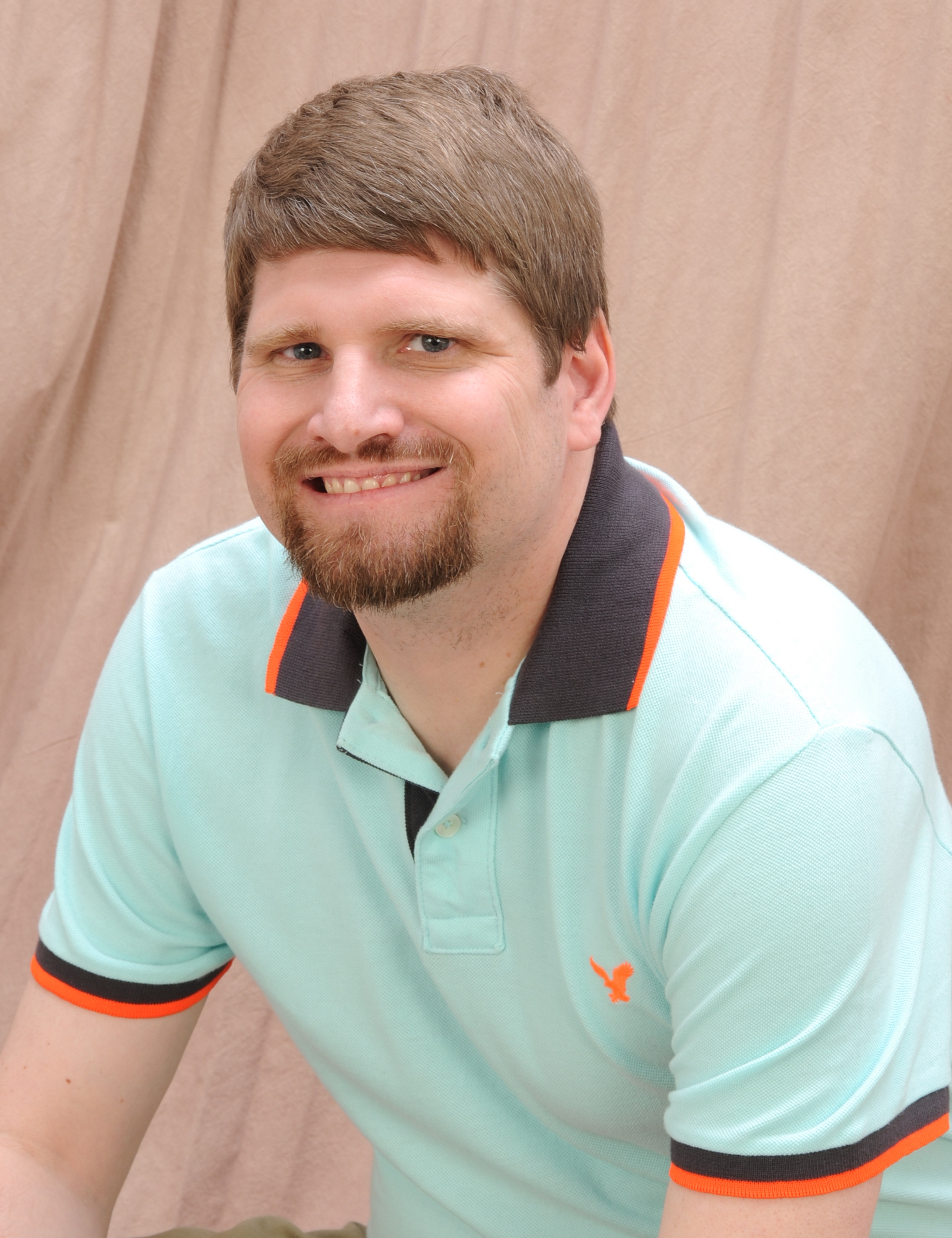When Ron Sandison was born, his development was normal. But at eighteen months old, he began to regress at a rapid rate, was not able to use words to communicate and began to avoid eye contact. At first, he was labeled as “emotionally impaired.” His mother would not accept this label; she knew his disability was neurological. After contacting many specialists, she found a doctor who was able to confirm his disability was neurological. Ron’s mother was told that he would never be able to attend college or play sports.

Today, Ron works full-time in the medical field and is a professor of theology at Destiny School of Ministry. He is an advisory board member of Autism Society Faith Initiative of Autism Society of American. Sandison has a Master of Divinity from Oral Roberts University and is the author of A Parent’s Guide to Autism: Practical Advice. Biblical Wisdom published by Charisma House. He has memorized over 10,000 scriptures including 22 complete books of the New Testament and over 5,000 quotes. Ron has published articles in Autism Speaks, Autism Society of America, Autism File Magazine, Autism Parenting Magazine, Not Alone, The Mighty, the Detroit News, the Oakland Press, and many more. He frequently guest speaks at colleges, conferences, autism centers, and churches.
Continue reading to learn more about Ron and his incredible work in bringing education, awareness, and hope to faith communities.
MHAF: Why is being part of a faith community important to you?
Ron Sandison: A faith community is important to me because I have gained many spiritual friends and positive influences in my life. Autism has made social relationships difficult for me, and the faith community offered me a chance to develop friendships with positive peers. My freshman year of high school, wanting to be in the popular crowd, I began to associate with friends who drank and smoked pot. During this time I also began to party and it had a negative impact on my academics and track-and-field performance. I experienced severe depression and anxiety during this dark season of my life. I had a horrible attitude and no personal ambition to succeed in life. My junior year of high school, Kelly, a senior, invited me back to church. Youth Pastor Greg’s message touched my heart and I recommitted my life to following Christ. I quit drinking, partying, and hanging around those who did those things. I began hanging out with students from the church youth group. During my first two years of high school, my grade point average was a 1.70 GPA and my final two years I averaged a 3.50 GPA. God also blessed my track and cross-country running. My junior year, my 3,200 relay team made it to the State Final and my senior year my 3,200 relay ran the second fastest time in the State of Michigan out of 182 teams.
MHAF: How did your experience as a youth pastor in metro Detroit influence your book, A Parent’s Guide to Autism: Practical Advice, Biblical Wisdom?
RS: My experience as a youth pastor impacted my book A Parent’s Guide to Autism: Practical Advice, Biblical Wisdom by helping me write a faith-based approach to raising a child with autism. I desire to help parents who have a child with autism to feel connected in the local church and also create autism awareness in the church. As a youth pastor I felt at times that members of the congregation lacked understanding of young children on the autism spectrum. I hope my book will cause pastors and church leadership to have a better understanding of sensory issues and meltdowns.
MHAF: What is the most important piece of advice that you included in your book? Why is it so important?
RS: The most important advice I offer parents who have a child with autism is “don’t lose hope.” Many parents who have a child with special needs or autism feel at times overwhelmed or defeated and the Bible offers these parents hope and encouragement. The Apostle Paul wrote, “For everything that was written in the past was written to teach us, so that through the endurance taught in the Scriptures and the encouragement they provide we might have hope” (Romans 15:4).
MHAF: What advice can you give to adults on the spectrum who may be searching for a faith community to connect to?
RS: I would advise an adult with autism to find a faith community that accepts you for who you are. Don’t change who you are to fit in or compromise your convictions. Also, beware of cults who prey on those who are emotionally weak and vulnerable. Autism causes us to be naïve, and this can cause us to be led astray to cults. If a religious group believes they alone have all the answers and everyone else is wrong and attempts to isolate you from your family or friends, that group is a cult. Don’t allow that religious group to suck you in.
MHAF: How can a faith community come together to better support people on the spectrum?
RS: A faith community can support those on the autism spectrum by being sensitive to sensory issues and social awkwardness. Having an understanding of autism will help faith-based communities be able to minister to individuals with ASD needs. The best way to learn about autism is to be a friend to someone who has autism.
MHAF: What advice can you give to other leaders in faith communities?
RS: I would advise leaders in the faith community to include people with autism in your leadership team. People with autism have great gifts and the church, as the body of Christ, needs to include these talents. Faith communities should be a place of acceptance and love.

 AUTHOR
AUTHOR Letter from the Executive Director: Building Connections Through the Arts
Letter from the Executive Director: Building Connections Through the Arts


